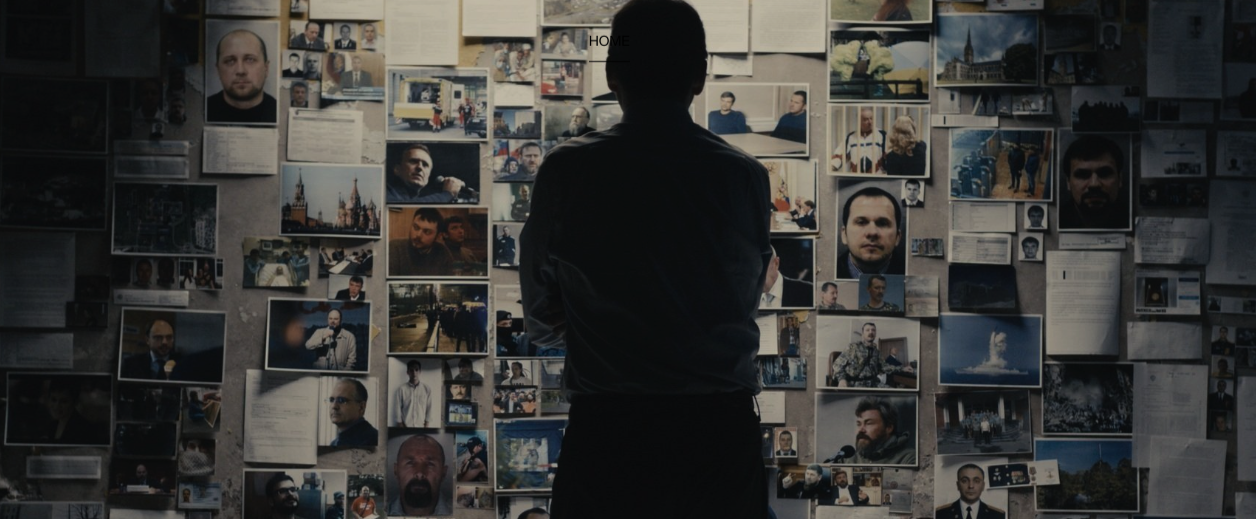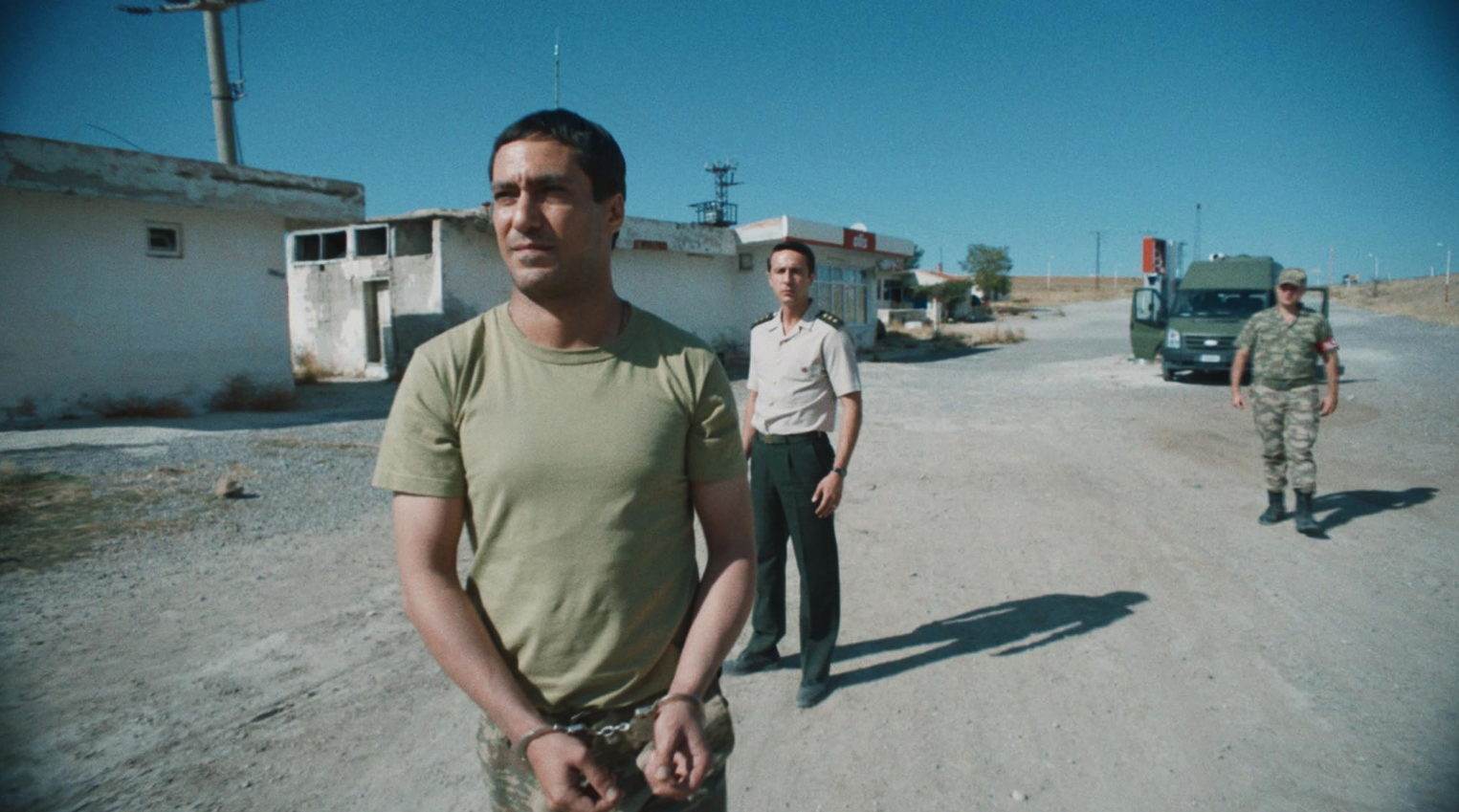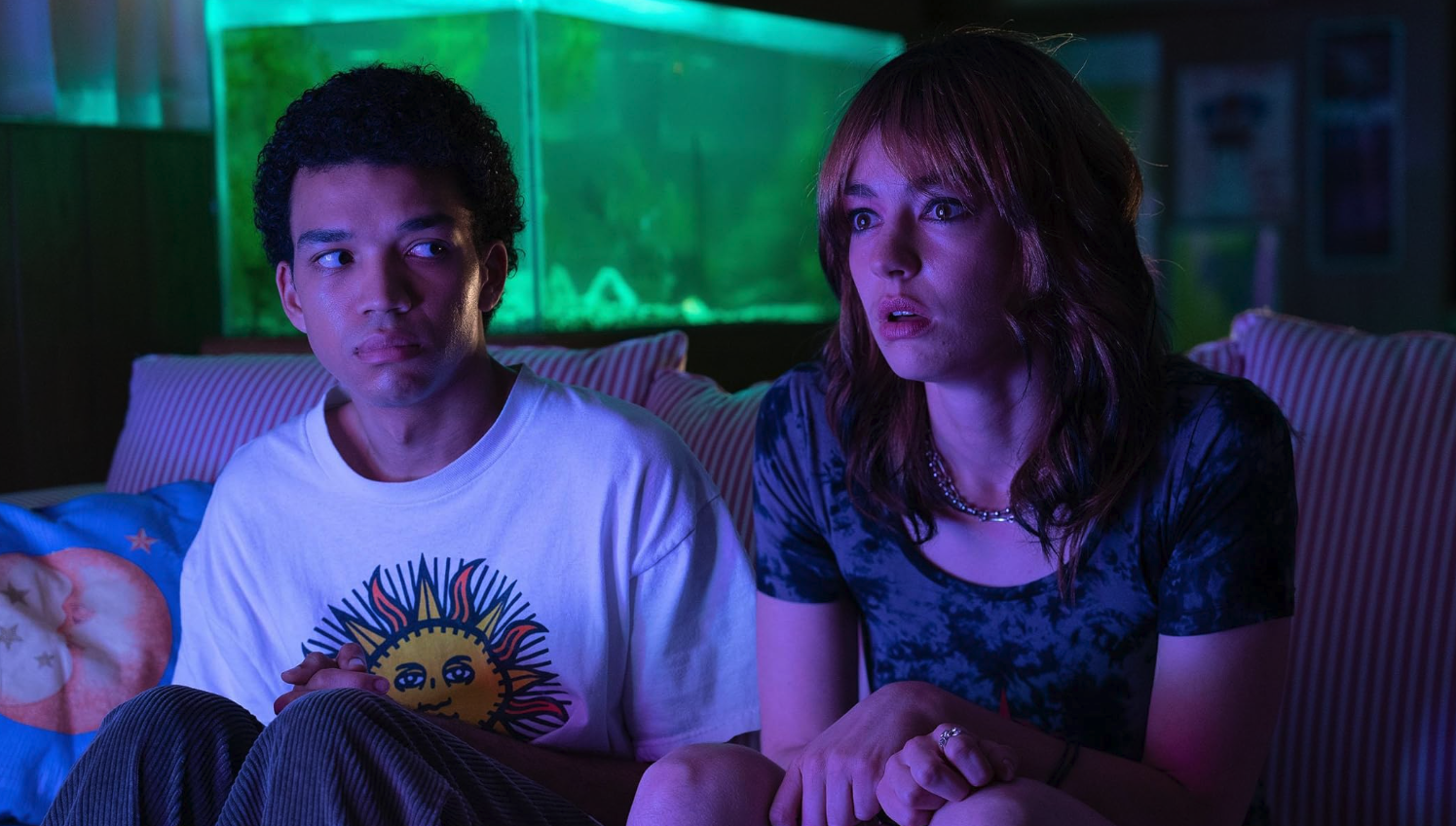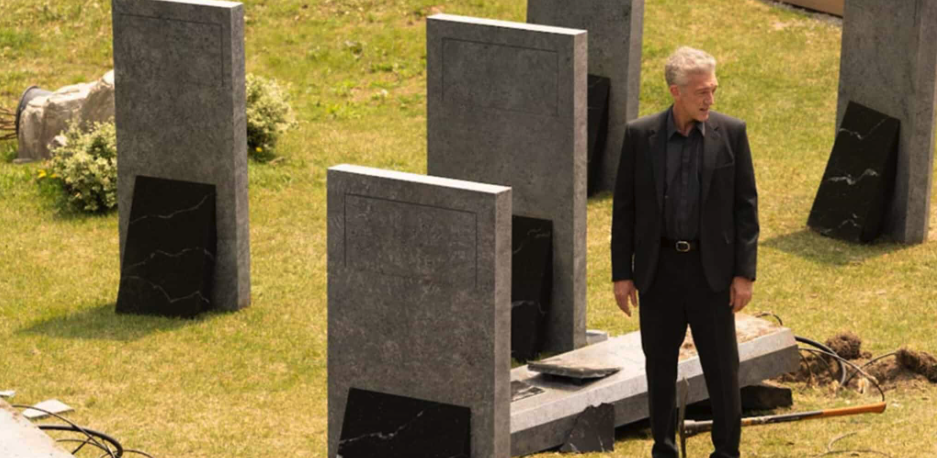SGIFF 2024 Round Up
To properly wrap up 2024, here's capsule impressions of the SGIFF 2024 films I haven't written up fully. Thank you indulging my cinephilia, and I'll see you in 2025!
Antidote, dir. James Jones

I've been a fan of Bellingcat's open-source investigations for a while, and was quite excited to catch their first effort at producing a documentary on how Bulgarian investigative journalist Christo Grozev helped smuggle a whistleblower out of Russia, only to have his own family (residing in Austria) targeted by Putin's regime. The film is cut and structured like a Hollywood thriller; I wonder if this stylistic choice detracted (ever so slightly) from the true gravity of the situation. Also, while I'm not asking for a defense of governments who run black ops on their political opponents, this documentary felt a little one-sided. If you've never heard of Bellingcat, I suggest you get acquainted with them!
Edge of Night, dir. Türker Süer

Clocking in at a tight 85 minutes, Edge of Night sustains an simmering tension throughout, with writer-director Türker Süer crafting an intimate character study that refuses to be overshadowed by the setting of war. Stoic army captain Sinan is tasked to escort two prisoners across Turkey to a court martial. It turns out one of these prisoners is his brother Kenan, a recalcitrant and dour lieutenant. Over the course of this journey, a military coup engulfs the country, leading Sinan to question his loyalties and his family's history. Süer blends genre techniques (psychological thriller, war documentary, and a little bit of Proust) to give a simple story a good amount of depth and resonance.
I saw the TV Glow, dir. Jane Schoenbrun

It is 1996, and high schoolers Owen and Maddy are trapped in suburban America. They bond over a shared fascination with a young adult television show named The Pink Opaque, which is writer-director Jane Schoenbrun's homage to cult horror-themed 90s TV shows Buffy and The X-Files by way of David Lynch. The film really only gets started after almost 40 minutes, when the protagonists reconnect 10 years later, where Maddy obliquely tells Owen their shared dissatisfaction with their lives stems from them not realising they are actually characters inside The Pink Opaque.
In my opinion, Schoenbrun's Lynchian references and touches don't go far enough. For a film set in the 90s about millennials by a millennial, I Saw The TV Glow felt curiously Gen Z. The final act solidifies the film's queer and trans concerns. Remarkably, it got a PG rating here in Singapore, possibly because its queerness is deliberately opaque (pun intended). I found the ending a bit depressing, even more so if it is read as a trans allegory.
The Shrouds, dir. David Cronenberg
"Grief is rotting your teeth." Cronenberg opens his film with this poetic line, delivered by a dentist to the protagonist (played by Vincent Cassel, who eerily evokes Cronenberg himself). Cassel plays a lean, sleek tech entrepreneur whose fortune comes from inventing GraveTech, a sort of wifi-enabled shroud that a corpse is buried within. This allows grieving loved ones to view the rotting body in real time and in high-def 3D on their smartphones. Diane Kruger pulls the most weight here, playing a pair of twins (one deceased, and formerly married to Cassel's character.) She gives each one a palpably different demeanour.

All of Cronenberg's favourite ingredients are here: body horror, sexual kink, mortality. As he is wont to do, Cronenberg makes these intersect, with a bit of incest splashed in. Initially pitched as a Netflix series, Cronenberg rewrote it as a feature length film. Sadly, it shows: Cronenberg tries to shoehorn a forensic portrait of grief alongside a conspiracy plot to turn GraveTech shrouds into a surveillance mesh targeted by Chinese? Russian? hackers. It feels undercooked and a little overblown at the same time. I am left wondering what Cronenberg might have pulled off if Netflix didn't pass over his pitch.
Member discussion